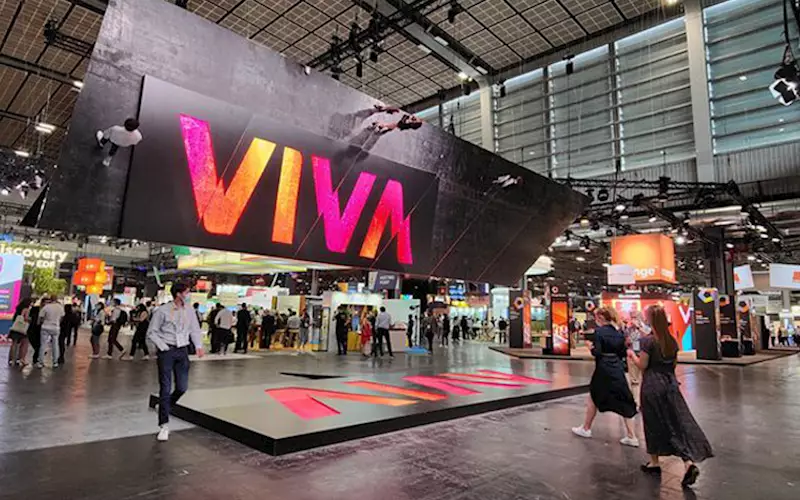Five sustainable Indian startups
According to the Economic Survey 2021-22, India is the third-largest startup ecosystem in the world, after the US and China. The country has more than 61,400 startups. Taking a cue, the international startup and tech event, Viva Tech 2022, named India the country of the year.
01 Jul 2022 | By Rahul Kumar
Meanwhile, for the event, which took place in Paris on 15-18 June, the government of India had selected 15 Indian startups and companies to showcase that sustainability is the core of the startup ecosystem.
The following are the five best sustainable startups that represented India at Viva Tech 2022.
Recity: Plastic is a serious problem for the environment, but if recycled it could become an interesting business while also not further harming our world. It is within this framework that Recity, a waste management company, works. This startup not only has invented tools that allow users to track and trace the origin of their recycled packaging, so they know exactly where that recycled material comes from, but it has also created a platform where brands can meet with the local regulatory authorities. In this online space, brands can show how they are complying with local regulations on waste management and recycling. Recity already works in twelve cities across seven states and its platform helps local governments promote a circular economy.
Zunpulse: Zunpulse is a leading home-tech brand, riding the advanced home-tech growth curve and reaching to Indian households to help them save energy through smart utilisation of electrical appliances, along with providing comfort and convenience to Indian households. The brand hosts a range of smart appliances, including smart AC remote, smart bulb, smart air purifier, smart water purifier, and appliances used in the external periphery of a house like smart door lock and smart doorbell. The brand has created an ecosystem of connected appliances through the zunpulse app. The brand has automated 100,000 Indian households and is on a mission to power five-million Indian homes with advanced home tech, in the next five years.
BON V Technology: Based in Odisha, BON V Technology has developed India’s first AI-powered electric aircraft. AI aircraft RM001 carries cargo to highly remote areas. It has been specifically designed for rescue operations in hilly regions, delivering disaster supply kits and also cargo transportation. The aircraft can carry up to 200-kg of cargo, and is seven times cheaper than traditional air transport.
Log9 Materials: Log9 Materials has made several breakthrough innovations, and last April opened its first factory to produce its RapidX battery packs in India. RapidX battery packs are able to deliver faster charging times, better performance, and longer battery life compared to their competitors. Being able to produce batteries locally will be crucial for India to increase the number of electric vehicles on its roads and reduce the country’s emissions.
Tvasta: There are currently one billion people around the world that don’t have a proper place to live, 3D printing applied to the construction industry could provide them with affordable housing solutions. This is the sector where Tvasta works. Homes built with Tvasta technology are cheaper and faster to build compared to regular homes. The labour cost drops down to one-fifth compared to a regular home. It also takes less than a week to print these homes producing a third of the waste compared to a construction site of the same size.











 See All
See All